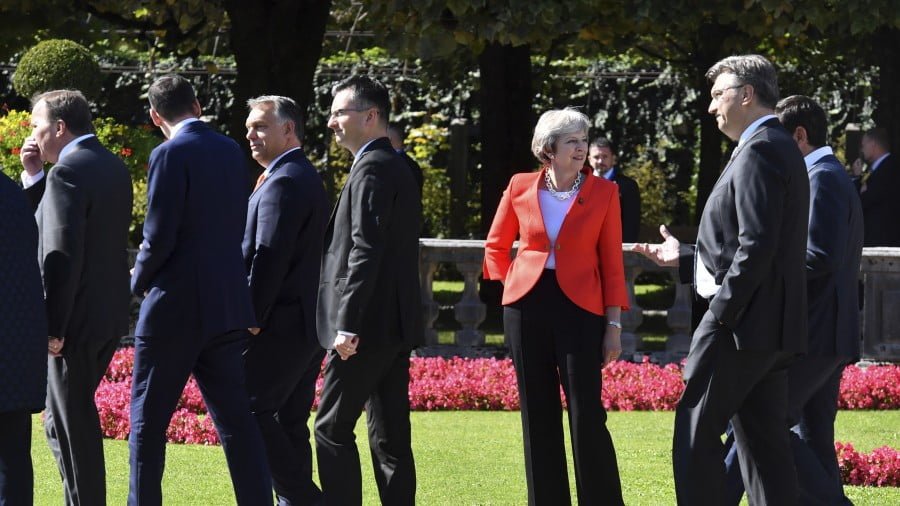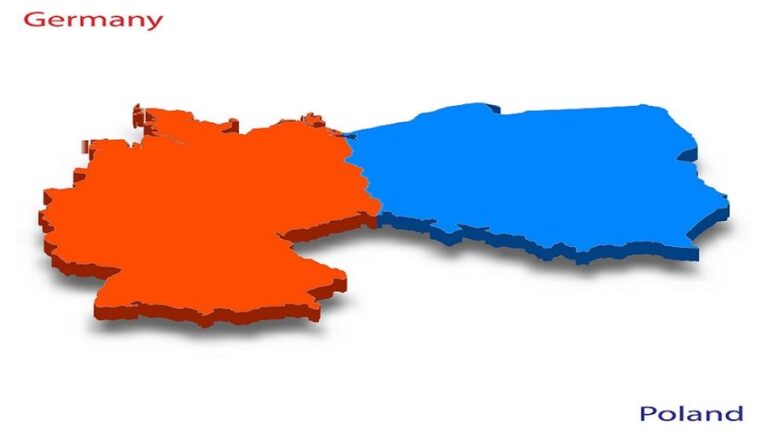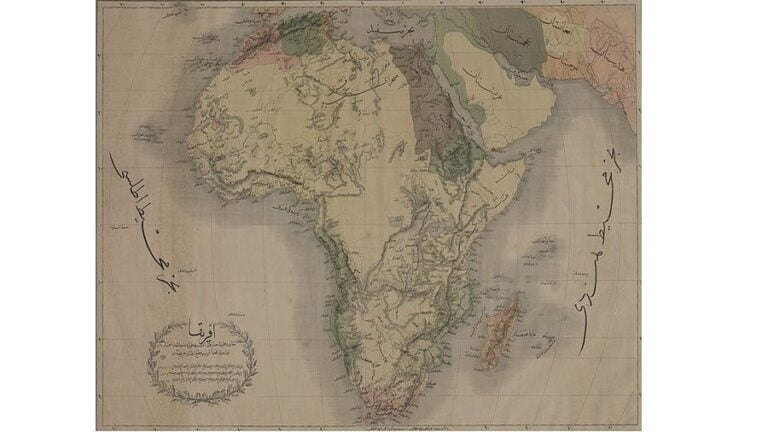Moldova’s Manufactured Energy Crisis Serves Several Strategic Purposes
America might very well be weaponizing the issue at this particular time in order to pressure Russia on other fronts such as Ukraine and Syria.
Gazprom spokesman Sergei Kupriyanov claimed that “Moldova is provoking [its energy crisis] with its own hands” after it refused to acknowledge its debt to the Russian gas company and thus prompted the latter to warn that it’ll suspend the shipment of such resources in December if a deal isn’t reached by then. Kupriyanov also explained how his side’s stance during the negotiating process is apolitical with transparent pricing, yet his counterparts still refuse to reach an agreement. He’s correct with his assessment that Moldova is manufacturing an energy crisis, which raises the question of exactly what it wants to achieve.
There are several strategic purposes that it hopes to serve by doing so. The first is to add a new dimension to Europe’s existing energy crisis. Leading officials including outgoing German Chancellor Merkel reaffirmed that Russia has nothing to do with it, which threw a wrench in the US’ information warfare narrative that planned to blame Moscow for the crisis. Moldova is much tinier, weaker, and more impoverished than Germany, which makes it easier for America to manipulate. Washington wants to smear Moscow by making it seem like the Kremlin is supposedly “weaponizing” energy like it was accused of doing earlier this century.
This false narrative is connected to the second strategic purpose of Moldova’s provocation, and that’s to instigate tensions between the former Soviet Republic’s new pro-Western leader and Russia. Maia Sandu’s victory in last November’s elections augured negatively for bilateral relations due to her vehement support for the West and especially neighboring Romania, the latter of which is suspected of wanting to incorporate Moldova on the basis of shared history, ethnicity, and language. Manufacturing a Russian-Moldovan crisis could be exploited as a means for advancing this scenario, which would also raise tensions in Transnistria.
That breakaway region that’s located almost entirely east of the Dnister River has a significant Slavic (mostly Russian and Ukrainian) population that fears becoming second-class citizens in a so-called “Greater Romania”, hence why they fought to separate from Moldova in the first place following the USSR’s collapse when this geopolitical scenario first emerged. Increased Russian-Moldovan tensions over the manufactured energy crisis could once again make Transnistria an international hotspot, which could be leveraged to put further pressure on Russia’s military presence there.
To be clear, Russian-Moldovan tensions would probably have become a problem after some time considering Sandu’s pro-Western vision that could be advanced at the expense of Transnistria’s Slavic population, but the manufactured energy crisis risks accelerating this trend in the very unpredictable context of contemporary International Relations if it isn’t resolved as soon as possible. This makes the issue exceptionally dangerous considering the likelihood of dark scenarios emerging. The information warfare dimension to all of this is concerning, but far more worrying is the chance of it all provoking another military conflict.
NATO-member Romania and “Shadow NATO”-member Ukraine would be most adversely affected in the event that this happens, but the entire EU itself could also be destabilized if the Russian military presence in Transnistria is ordered to defend of the breakaway territory’s inhabitants, particularly if the course of events leads to a regional refugee crisis. The EU’s de facto German leader should therefore do what’s needed to de-escalate these US-provoked tensions before they spiral out of control, but its lack of leadership at the moment due to its ongoing coalition talks created an opportunity for the US to conveniently exploit.
Moldova is just a pawn in the New Cold War’s “19th-Century Great Power Chessboard” between the US and Russia so this tiny state’s interests could potentially be “traded” between these Great Powers in pursuit of a more comprehensive series of “mutual compromises” across Eurasia that can be described as a “New Detente”. America might very well be weaponizing the issue at this particular time in order to pressure Russia on other fronts such as Ukraine and Syria. It’ll remain to be seen how far this crisis goes and to what ends, but observers should certainly start paying attention to it because of everything that’s potentially at stake.







